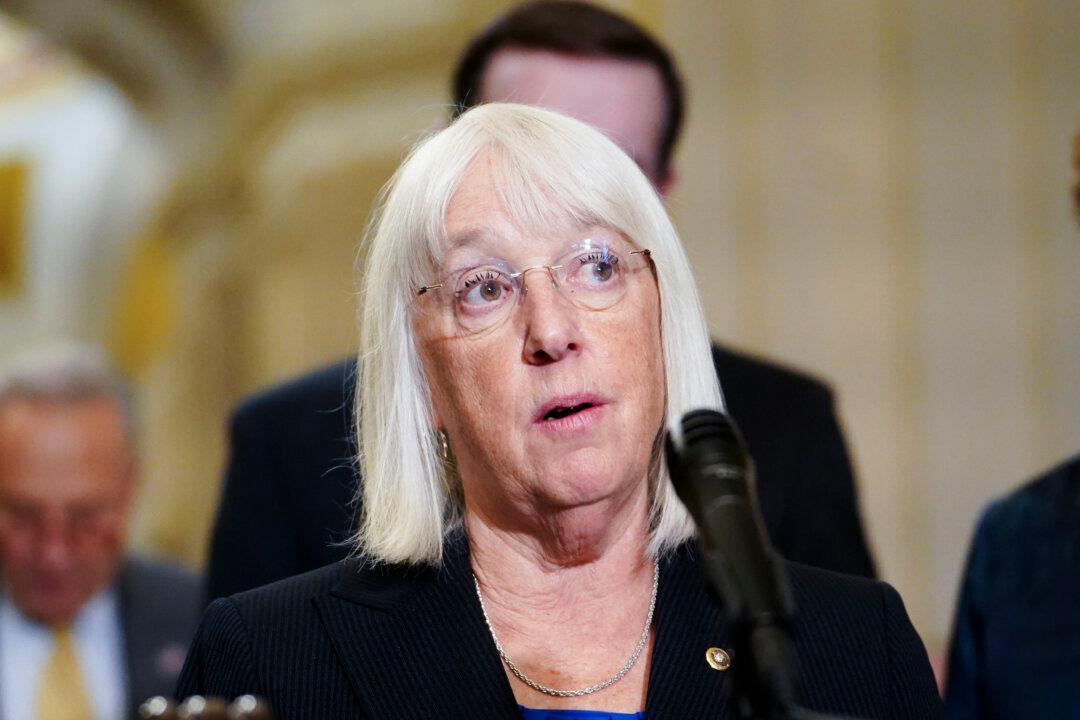Sen. Patty Murray (D-Wash.) announced that she will seek unanimous consent for her bill to provide all veterans with access to in vitro fertilization services in a March 11 press release.
This followed a highly anticipated statement by the Department of Veterans Affairs (VA) and Department of Defense (DOD) from the same day regarding their plans to increase access to in vitro fertilization (IVF), revising regulations that formerly mandated that beneficiaries be legally married and which limited access for couples of the same sex.





